US debates whether to remove combat zone designation for Afghanistan post-withdrawal: CNN
The Biden administration is considering whether to continue to authorize the CIA and the Pentagon to carry out deadly drone strikes and commando raids in Afghanistan after the complete withdrawal of US forces from the country.
CNN reported on Monday that as withdrawal from Afghanistan nears completion, the administration of President Joe Biden is working to finalize the assassination drone policy in Afghanistan.
The US military has already acknowledged that it will continue attacking Taliban targets in support of Afghan forces after its departure from Afghanistan.
Defense officials say the U.S. will retain authority to strike the Taliban even after U.S. military forces officially leave @OrenCNN reports @PamelaBrownCNN pic.twitter.com/iC0rli2XrC
— The Lead CNN (@TheLeadCNN) July 2, 2021
Under the previous administrations, the CIA and the US military had broad authority to order airstrikes on suspected targets in Afghanistan, as well as elsewhere, and decisions in this regard did not always need the final approval from the White House.
Field commanders were authorized to make airstrike decisions under their own authority in countries like Afghanistan, Yemen and Somalia, which were designated as combat zones.
Sources tell CNN that the Biden administration is also still debating whether to remove the combat zone designation for Afghanistan once American troops have left the country. It remains to be seen if the administration will implement specific criteria for terrorism threats after the withdrawal.
A global security expert told CNN said it only makes sense for the United States to remove Afghanistan from the combat zone list post-withdrawal, a move that will definitely impact the drone policy.
"It makes sense that when we end our engagement in Afghanistan, we would have to apply some version of the rules that apply for everywhere else," said Bobby Chesney, director of the Robert S. Strauss Center for International Security and Law at the University of Texas. "One way to look at it is to say this is just part and parcel of shifting away from Afghanistan as a theater of combat operations."
For the time being, Afghanistan's security situation is under close observation as predictions about its future stability have become more dire in light of the Taliban's recent advancements.
Earlier this year, CIA Director Bill Burns told congressional lawmakers that the exit will affect the CIA's ability to collect intelligence, and national security adviser Jake Sullivan later reiterated the same point in a CNN interview.
"When you have fewer ISR [intelligence, surveillance and reconnaissance] capabilities and fewer strike capabilities, it's inherently going to put strain on what they can target," Sullivan said, referring to assassination strikes ordered by both the Pentagon and CIA. "So they would certainly want to try to narrow that to their top priorities, to make sure that it's being utilized in the most effective way."
Military experts say the US military and CIA will lose many of their bases that were being used in the past for supporting drone strikes via intelligence, surveillance and reconnaissance operations.
Pezeshkian to US, Europeans: You are killing women, children
VIDEO | COP29: another climate failure?
ICC issues arrest warrants for Netanyahu, Gallant for war crimes
Israeli strikes kill 88 Palestinians in northern Gaza
American voters plainly rejected complicity in Gaza genocide: Iran FM spox
ICC should issue more arrest warrants for Israeli authorities over Gaza genocide: UN expert
Israel using AI weapons co-produced by India in Gaza genocide: Report
Israel issues new evacuation orders, shortly launches strikes on southern Lebanon


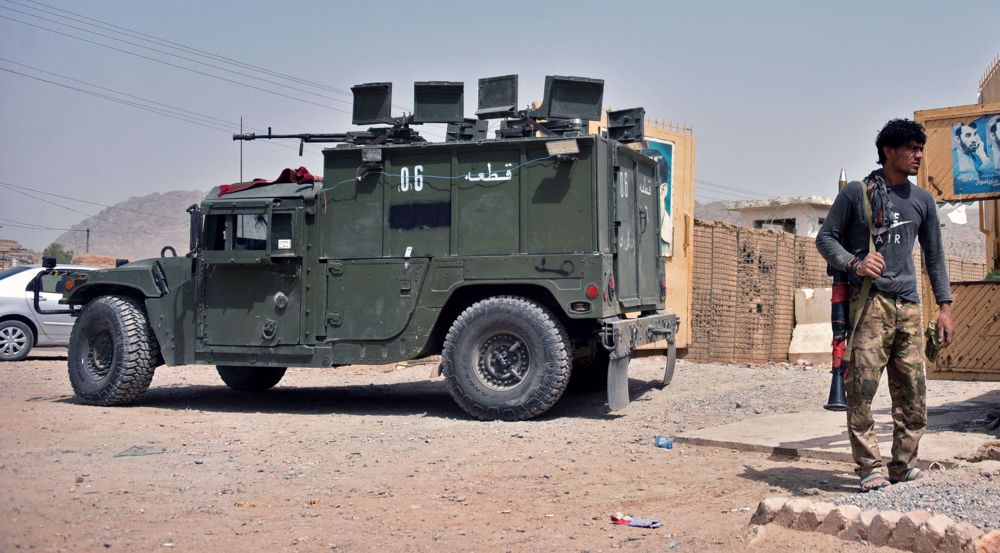
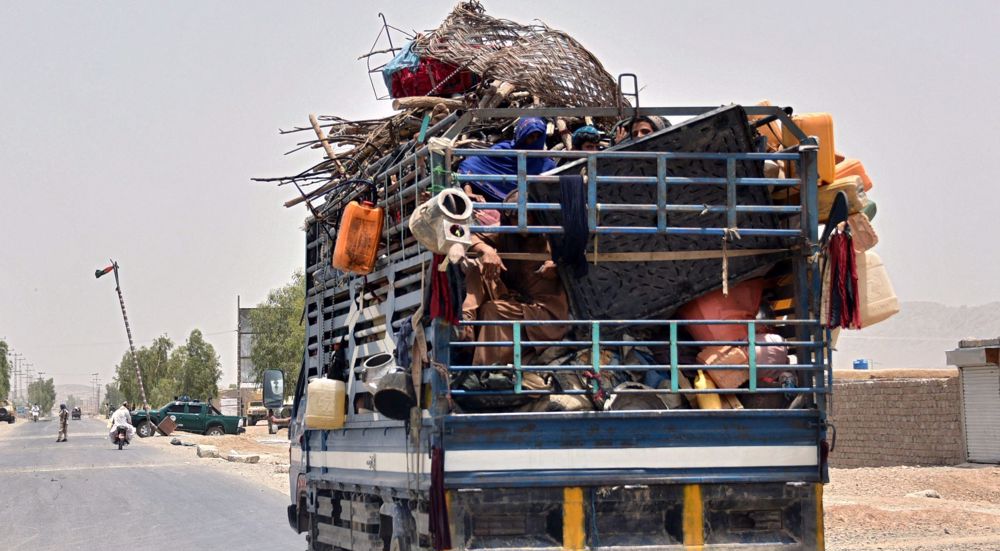
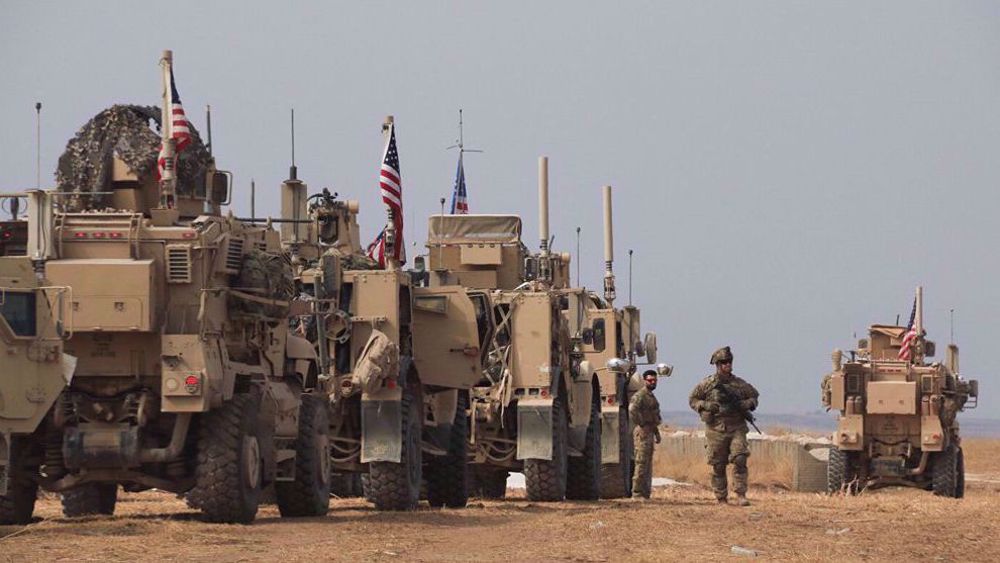
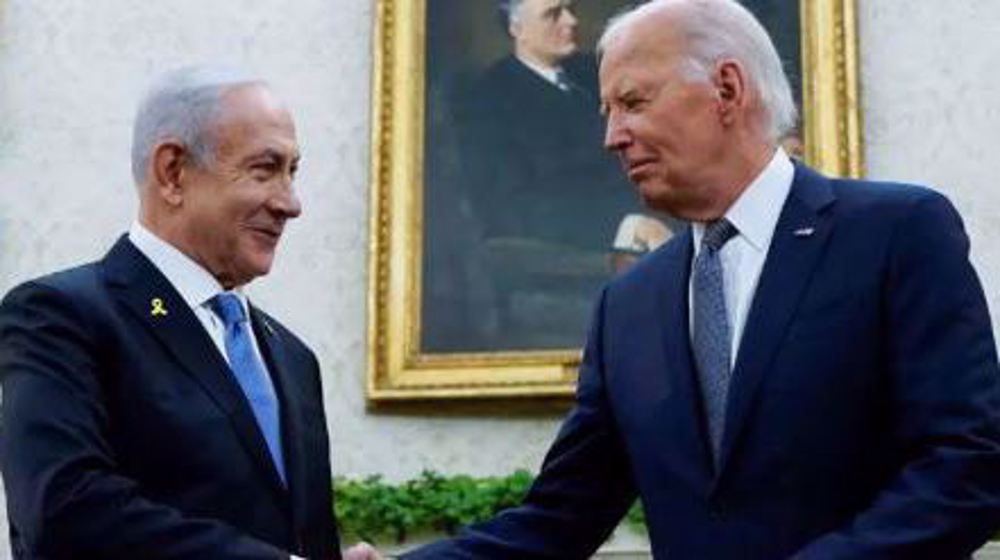
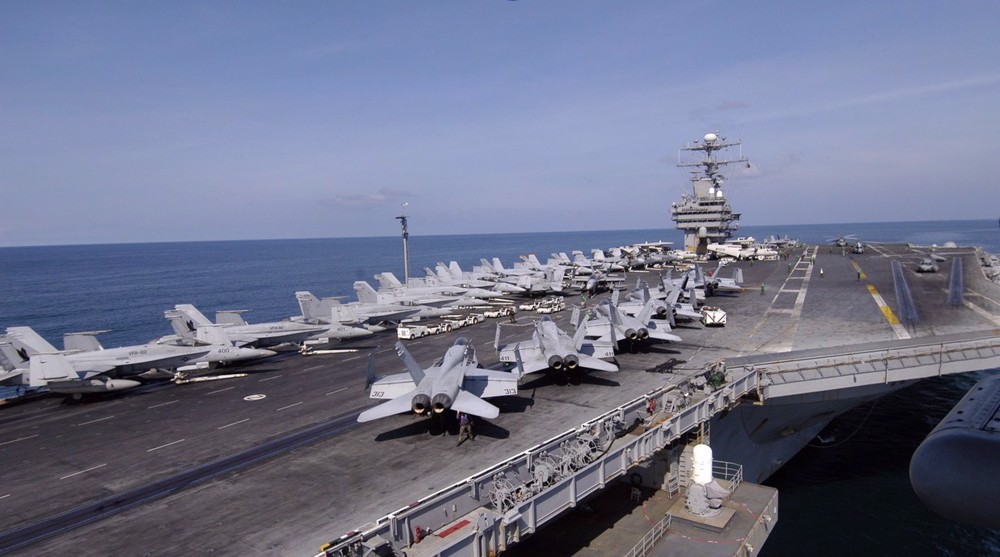



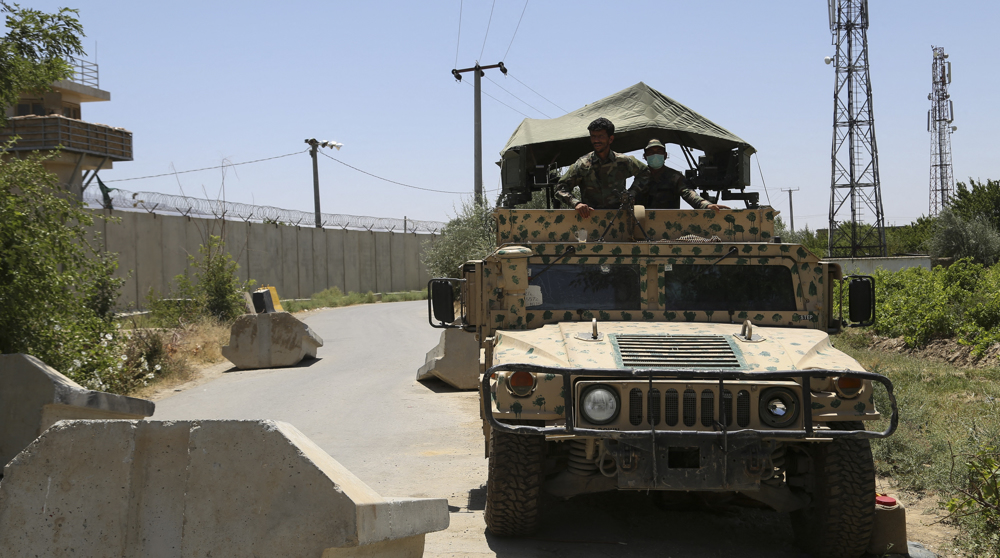

 This makes it easy to access the Press TV website
This makes it easy to access the Press TV website